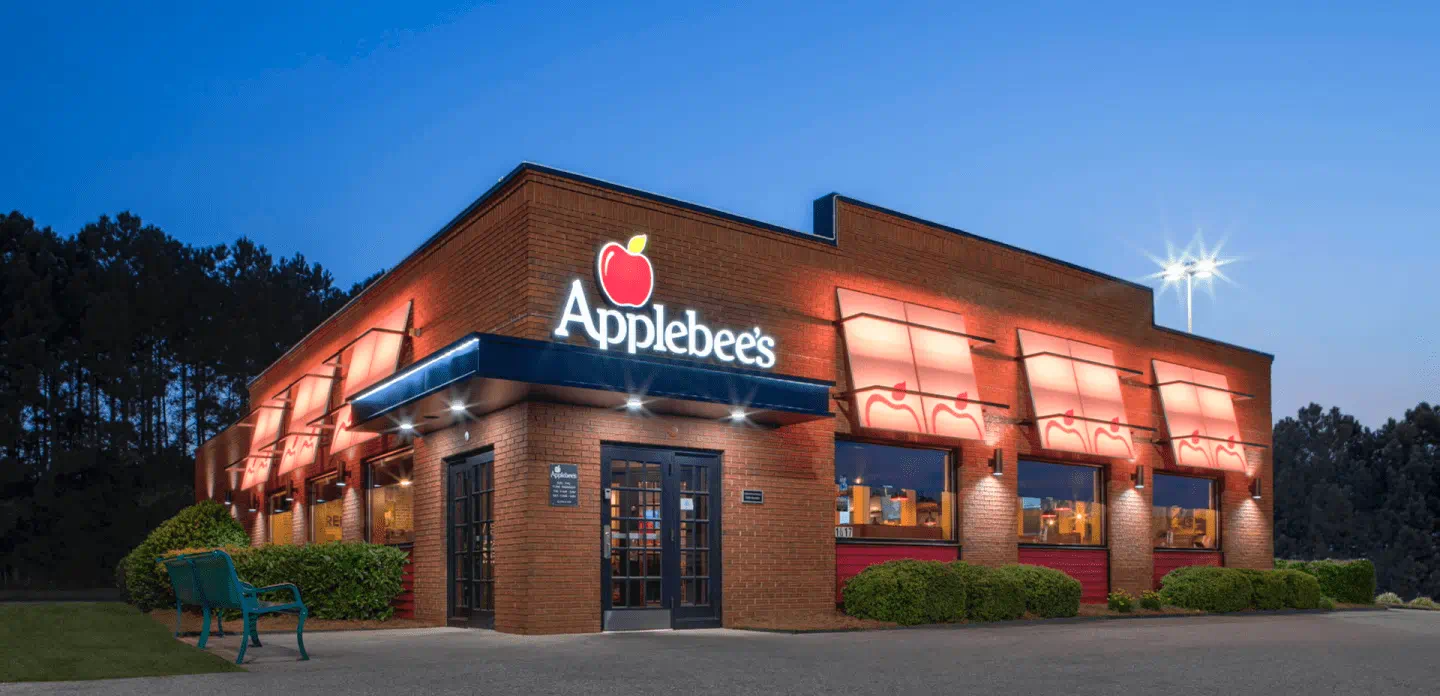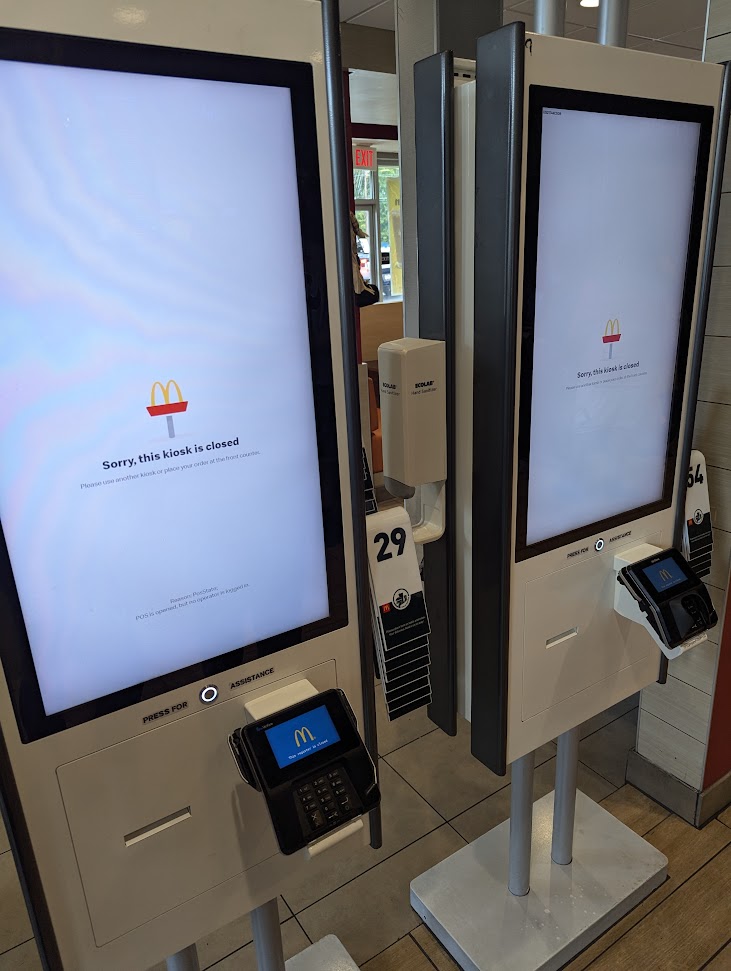In a restaurant or hospitality environment, front-of-house (FOH) includes all spaces where guests interact with staff and services — such as the dining area, hostess stand, cashier station, order counter, and self-service [[kiosks]]. FOH staff may include servers, hosts, cashiers, and customer service representatives responsible for greeting guests, managing orders, and ensuring smooth operations.
With continued technology adoption in foodservice and, specifically, the [[connected restaurant]] model, front-of-house also includes technology touchpoints like [[digital signage]], [[point-of-sale systems]], and [[payment terminals]] that facilitate ordering, communication, and transactions.
Goal of Front-of-House Management
The main goal is to deliver an efficient, pleasant, and brand-consistent guest experience. Effective FOH operations reduce wait times, minimize order errors, and increase customer satisfaction — all while supporting staff productivity.
Key Functions
- Facilitates guest interactions and order intake
- Manages dine-in, takeout, and delivery workflows
- Hosts self-service and human-assisted transaction systems
- Supports [[remote monitoring]] and digital queue transparency
- Integrates with back-of-house systems for fulfillment
Challenges
- Maintaining speed and accuracy during peak times
- Synchronizing FOH and [[back-of-house]] workflows
- Keeping tech interfaces intuitive for both guests and staff
- Managing hardware performance across multiple touchpoints
Canopy’s Role
Canopy provides deep visibility into FOH systems through real-time monitoring, custom alerts, and remote support. Whether tracking the uptime of a payment terminal or troubleshooting a misfiring kiosk, Canopy ensures your front-of-house technology runs smoothly. By proactively identifying issues and automating resolution workflows, Canopy helps operators deliver reliable, tech-enabled guest experiences with minimal disruption.


